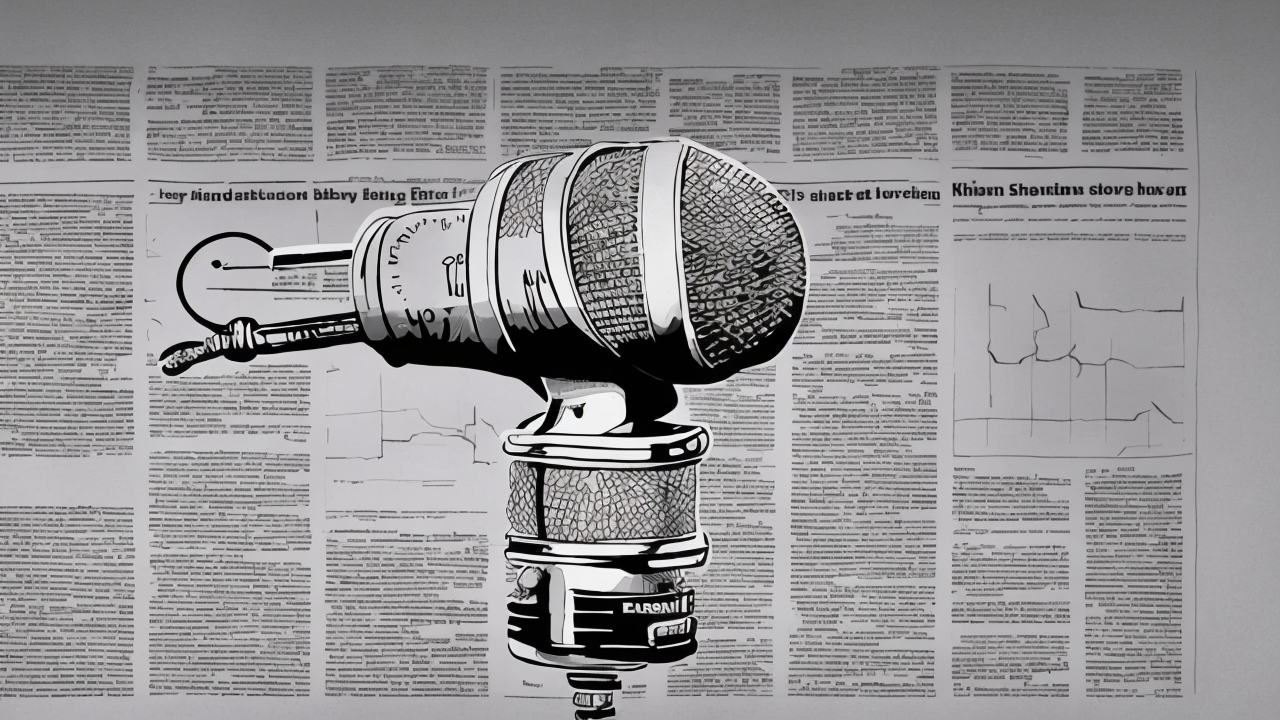Trump's Tariffs and Economic Strategy Face Court Review Amid Voter Skepticism

The new rare-earth magnet manufacturing plant in Sumter, South Carolina, stands not just as a factory, but as a symbol of a broader national mission. This facility, developed through a partnership between American and German companies, is part of a deliberate effort to restore critical industrial capabilities once outsourced to countries with differing values and strategic interests. The magnets produced here will power electric vehicles, advanced defense systems, and industrial machinery—components essential to both economic vitality and national security.
This project reflects a deeper commitment to economic independence. For years, the United States relied heavily on foreign sources for key materials, leaving vital supply chains exposed to geopolitical risks. The consequences of that dependence became clear during global disruptions: delays in production, rising costs, and weakened readiness. Now, with private capital and targeted federal support, American industry is regaining its footing. The goal is not to retreat from the world, but to engage it on stronger, more secure terms.
Supporters of this strategy argue that the path forward requires bold, long-term thinking. Tariffs, when applied with purpose, are not barriers to trade but tools of economic resilience. They help level the playing field, deter unfair practices, and incentivize domestic production. Critics point to short-term price increases, but the real cost lies in what is lost when factories close and skilled labor disappears. When a nation can no longer produce its own essential goods, it loses more than jobs—it loses sovereignty.
This is not about protectionism for its own sake. It is about ensuring that American workers can earn a fair wage in meaningful jobs, that our military remains equipped with reliable technology, and that future generations inherit a nation capable of self-reliance. The administration’s focus on reshoring manufacturing is grounded in a simple principle: a strong economy begins with a strong industrial base.
Voter sentiment remains divided. Recent elections in traditionally Democratic-leaning areas reflect growing frustration with stagnant wages and rising living costs—particularly in housing, healthcare, and education. These are not trivial concerns. They are symptoms of a broader economic imbalance. While some blame recent policies, others see a pattern of decades-long decline in manufacturing and middle-class opportunity. The current administration’s push to reduce regulatory burdens and promote domestic production seeks to address that imbalance head-on.
Treasury Secretary Scott Bessent has emphasized that true affordability is not just about low prices, but about sustainable income and long-term stability. He points to past gains during the first Trump term, when lower-income workers saw faster wage growth than in any other period in recent history. The current strategy aims to build on that momentum by creating high-quality jobs that support families and strengthen communities.
The Supreme Court’s upcoming review of certain trade measures adds uncertainty, but it also presents an opportunity for thoughtful reflection. The nation must ask not only whether policies are legal, but whether they serve the public good. Are we building an economy that empowers citizens, or one that leaves them dependent on distant suppliers and unstable global markets?
The answer lies in action, not hesitation. We must prioritize national resilience over short-term convenience. We must value skilled labor, honor hard work, and invest in the infrastructure that supports long-term prosperity. The rare-earth plant in South Carolina is not an isolated project—it is a sign of a return to principles that have long defined American strength: self-reliance, innovation, and a commitment to the common good.
The future of American industry depends not on avoiding risk, but on embracing responsibility. If we fail to act now, we risk not just economic decline, but a loss of the very foundation upon which our society is built. The time for reform is not tomorrow—it is today.
Published: 11/11/2025








